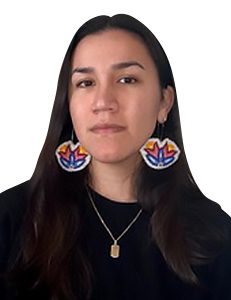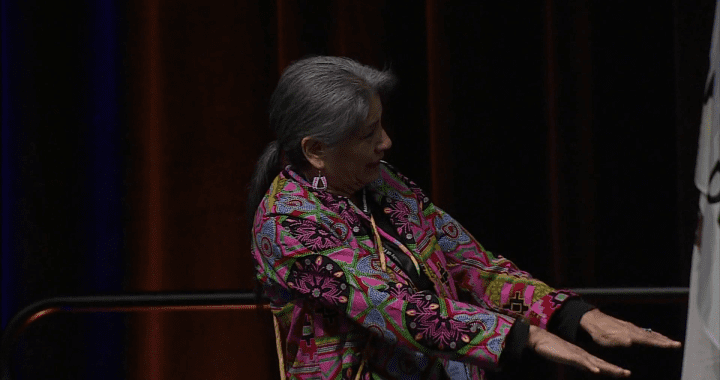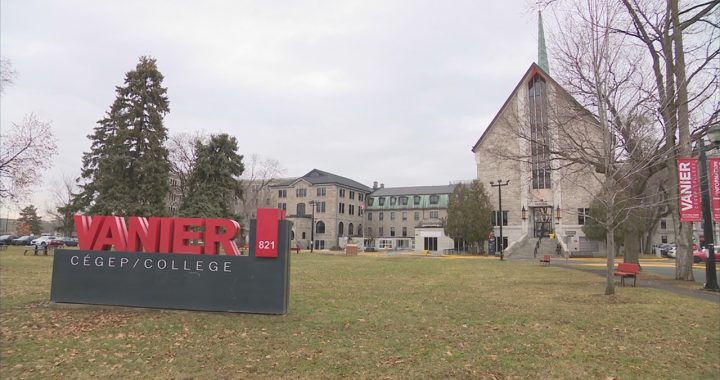
The ISN Maskwa emergency team deployed to evacuate Fort Albany First Nation.
First Nations in northern Ontario will soon have a culturally responsive emergency center to wait out emergencies like wildfires or floods.
“First Nation communities have been in crisis for the last 200 years, and it hasn’t really relented and as we see whether it’s precipitated by intergenerational trauma, the social impacts of it or the climate crisis that prompts evacuations,” says Joe Tom Sayers, General Manager for Missanabie Cree Business Development.
Missanabie Cree First Nation is constructing an emergency evacuation center on their traditional lands through their Indigenous-led emergency response organization.
ISN Maskwa, a business partnership run by Missanabie Cree First Nation is Canada’s first Indigenous emergency response operations center and serves as a designated host for First Nations evacuees by Indigenous Services Canada (ISC).
The construction of the $50 million evacuation center will take place on Missanabie’s traditional lands approximately 345 km north of the band office in Sault Ste. Marie, Ont.
Their current traditional land camp has the capacity to host 125 people but with the new facilities, it will be able to house an additional 800 people.

“We did the geological testing and all the engineering on the side is completed. It’s ready to receive the first set of modular units,” says Sayers.
The evacuation center is expected to be operational in spring 2024 and will be fully equipped with recreational facilities, administrative offices, commercial kitchens, a dining area, and medicine trails.
“Everything you need, it’ll be all on the land, it’s combining the best of both worlds that way we see it,” says Sayers.
The emergency shelter is jointly funded between Missanabie Cree, Indigenous Services Canada, and the Canada Mortgage and Housing Corporation. ISC is the federal department responsible for ensuring First Nations receive emergency assistance services and negotiates emergency management agreements with the provinces.
Missanabie Cree founded the Sault Ste. Marie-based company in 2020 and according to Sayers, ISN Maskwa helped to fill a gap noticed by chiefs across Ontario for First Nation-led emergency responses.
“Our work not only deals with the evacuations of our fellow First Nation communities, whether it is flooding or fire threats, we also respond to other types of crises like suicide epidemics, and water contamination,” says Sayers. “Anything that makes it unsafe for our fellow Indigenous people to remain in the community.”
The organization has trained more than 200 First Nations leaders from over 40 communities in security, mental health first aid, critical incident stress debriefing, and search and rescue to help Indigenous communities build teams of support personnel for Indigenous-led responses for emergencies and evacuations.
Read More:
Quebec wildfires: Cree community orders evacuation of 4k due to heavy smoke
Feds underfunding emergency preparation in First Nations communities says report
ISN Maskwa is currently overseeing the emergency evacuation of Taykwa Tagamou Cree First Nation, whose community is located near Cochrane. The community was evacuated to Windsor, Ont., because of overwhelming wildfire smoke in the area.
“The smoke drifted into the community, and they had to be evacuated,” says Sayers. “We organized all the logistics, the flights, accommodations, the food, and programming events, everything is done through Missanbie Cree Nation.”
Sayers says he hopes there will be more Indigenous-led emergency organizations across the country and is optimistic that ISN Maskwa will serve as a model for communities in other provinces.
“We’re very proud of the capacity that we’re building across the province. We are very much rooted in community, not just in our community, but over 50 across the province.”
The call for ISN Maskwa to organize emergency efforts has not been without challenges, says Sayers, after last week’s wildfire evacuations from Fort Albany First Nation had complications.
On June 23, the Town of Kapuskasing published a statement expressing its disappointment in ISC for the contracting of a private organization for evacuation planning.
ISN Maskwa responded saying the town pulled out of hosting evacuations, which left some evacuees stuck on the tarmac at the Kapuskasing airport. The evacuees were rerouted to Cochrane and then bused back to Kapuskasing.
“I blame ISC for not having the foresight to at least let us know ahead of time and tell us exactly what was happening,” says Kapuskasing Mayor Dave Plourde. “
Host community duties were switched to Kapuskasing at the request of Fort Albany First Nation leadership says Plourde.
Sayers says the rapid onset of emergencies can limit the time for multiple actors to prepare and coordinate with one another.
“The fire kind of crept up on the community and within that limited time, we were identified by Fort Albany and Indigenous Services that we would host,” says Sayers. “We’re not always chosen, there’s other service providers that are sometimes preferred.”

As the first Indigenous-led response organization, ISN Maskwa says it weaves culturally informed programming into its assistance efforts.
“We have mental health supports and cultural activities, whether it’s crafting, a round dance, drumming, or other types of activities,” says Sayers. “This the added value we provide as a First Nation-led solution to evacuation supports.”
In addition to their emergency response operations, ISN Maskwa is supporting First Nation communities with investigations into residential schools and unmarked graves.
“We’re also working with a number of First Nations communities in Manitoba and Ontario on the unmarked graves investigations,” Sayers told APTN. “We’re making sure that evidence is protected, so if families or communities want to pursue criminal charges, we have that contribution.”
Sayers says he hopes there will be more Indigenous-led emergency organizations across the country and is optimistic that ISN Maskwa will serve as a model for communities in other provinces.











